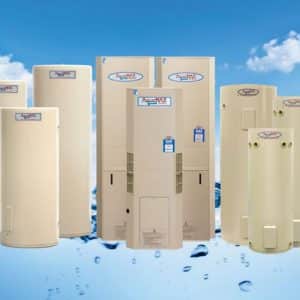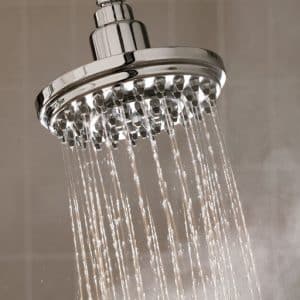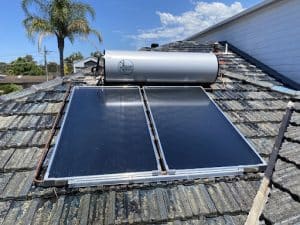
4 Advantages of an AquaMax Hot Water System
If you are looking for a hot water system that


Although rare, water heater explosions do occur and can be dangerous. Gas and electric tank water heaters, especially poorly maintained ones, can be susceptible to such explosions. You can avoid this catastrophe if you pay close attention to the warning signs that your water heater might be a ticking time bomb.
When functioning normally, the TPR Valve opens when internal pressure hits a critical point to relieve thermal expansion, decreasing pressure. Once the set point is breached, the valve opens, allowing cool water to enter the tank and mix to reduce the temperature. In both scenarios, the valve closes once the problematic states are alleviated.
Should the TPR Valve remain open, this could indicate consistent issues with the water temperature and the internal pressure. This may cause an explosion if the valve fails.
Brown water can also be a sign that your water heater may explode. Brown water is an indication of sediment in the tank. Also, rust may be contributing to brown coloured water, indicating that components of the water heater tank are a risk of malfunction. Sediment and indicators can be an early warning sign of a water heater explosion.
The Temperature and Pressure Relief (TPR) Valve regulates the pressure within the hot water heater tank. If you notice this valve leaking, it’s a sign that the component can no longer handle the tank pressure inside. TPR Valve defects are among the most common cause for water heater explosions.
Sediments may begin to gather at the bottom of the water heater when either the tanks are not maintained properly or flushing is not done regularly. Thick layers of sediment become insulated between the heating elements and water, and the temperatures increase due to the heating element’s inability to heat the water supply efficiently. The popping sound occurs when the water trapped below the sediment starts to boil.
Sediment can also pose a risk of TPR Valve malfunction. Sediment can clog this component, thus preventing it from opening to relieve high pressure and temperature conditions.
If you perceive the odour of rotten eggs near your water heater, this may indicate a gas leak and may signal a possible water heater explosion. Poor installation, damaged gas lines, and various other system issues can all cause gas leaks. When the water heater’s pilot light is turned on, its spark can create a severe explosion and fire when coming in contact with gas.
There can be severe and damaging consequences to a water heater explosion. Water heater explosions can cause considerable damage to the home, and its plumbing system and even the force generated by an exploding water tank can fatally injure occupants. Be on the lookout for the warning signs that your water heater might explode, and contact your plumber immediately for emergency service. Call Atomic Hot Water at 1300 763 734 for reliable 24/7 service.

If you are looking for a hot water system that

Your hot water system will inevitably break down while you

If you want a hot water system that is good
